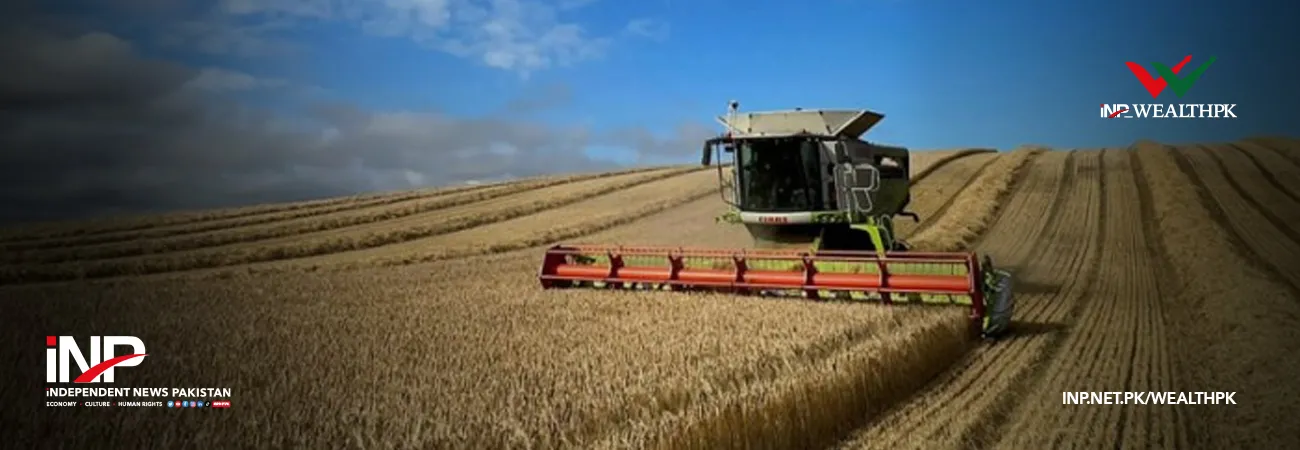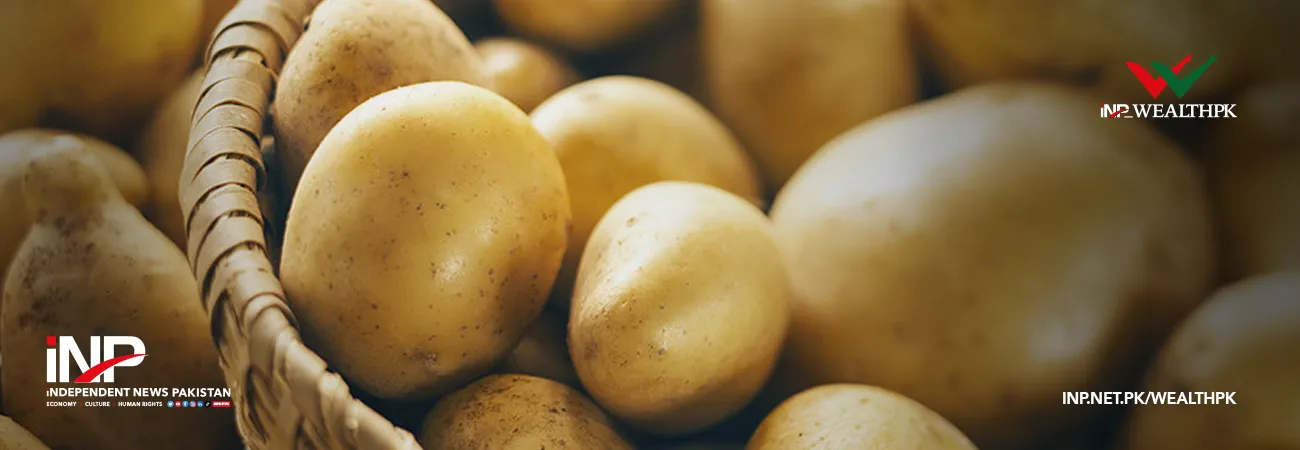INP-WealthPk
Arooj Zulfiqar
A new speed-breeding facility has been set up at the National Agricultural Research Centre (NARC) to fast-track the development of more productive and climate-resilient wheat varieties, reports WealthPK. Despite contributing less than 1% to global greenhouse gas emissions, Pakistan is one of the most climate-vulnerable nations. According to the information available with WealthPK, Pakistan’s food security continues to suffer because of climate change. Extreme weather events have seriously harmed the local crop output.
Every day, climate change poses more and more challenges. Given this serious threat, the future crops must be able to withstand this alarming situation by utilizing new techniques and traits. In order to meet the growing demand for food and mitigate the impact of global climate change on agriculture, the PARC is using new technologies to enhance crop yields and national food security.
Under the Wheat Productivity Enhancement project funded by the Public Sector Development Programme (PSDP), the Pakistan Agricultural Research Council (PARC) has established its first speed breeding facility at the NARC Islamabad, to fast-track the development of more productive and climate-resilient wheat varieties.
By using this method, scientists can accelerate the development of wheat varieties that are more productive. The protocols of this technology were published in 2018 by the University of Queensland, Australia and the PARC started working on it in 2019. In 2022, the PARC’s speed breeding facility became fully operational at the NARC. By using this facility, the plant breeders can speed up the breeding cycle, i.e., this facility enables 4-6 generations of wheat per year.
The primary goal is to develop high-yielding, tolerant to climate change, and disease-resistant varieties. For example, heat, drought, and diseases don’t affect the varieties and output also increases. As per the information available with WealthPK, variety development is normally a continuous process. Once it is approved, the farmers get the certified seeds.
“Usually, it takes 12 to 15 years to develop and register one wheat variety. Researchers must grow plants for eight generations in order to obtain superior crop varieties. After eight generations, the variety is chosen. Speed breeding expedites this by enabling the researchers to generate more generations each year.
In speed breeding, a controlled environment such as controlled temperature and light is provided. For example, at the NARC facility, a photoperiod of 22 hours is provided instead of the typical 12 hours of light and 12 hours of darkness. Therefore, the plants engage in photosynthesis for 22 hours a day. Temperatures at the facility range from 17 to 22 degrees Celsius and humidity levels are approximately 50 to 60%. Hence, wheat grows in two months under these circumstances, giving five to six generations a year.
Credit: Independent News Pakistan-WealthPk













